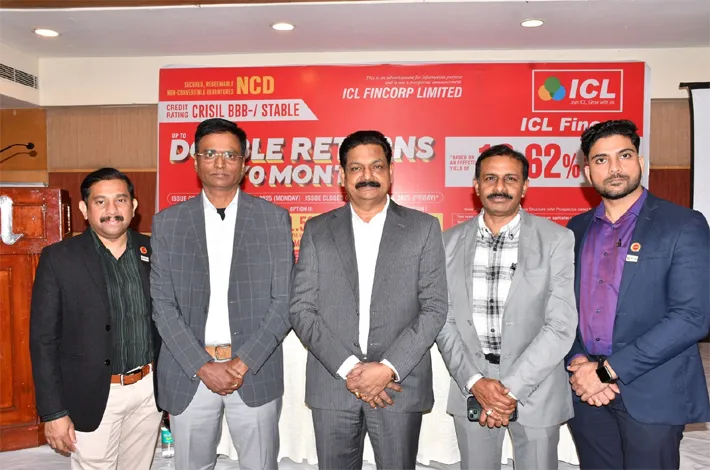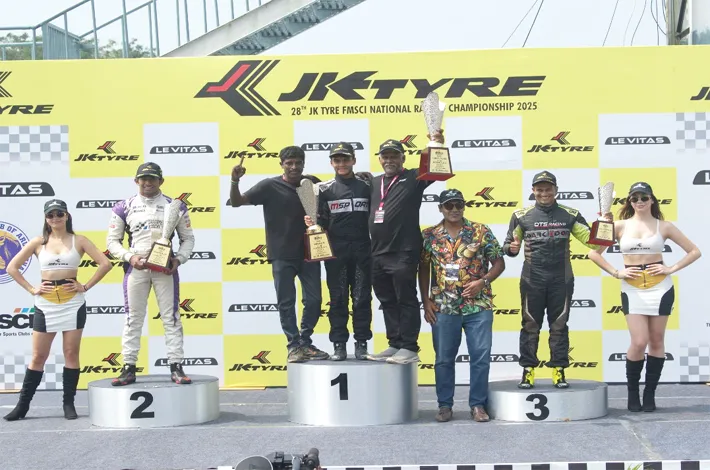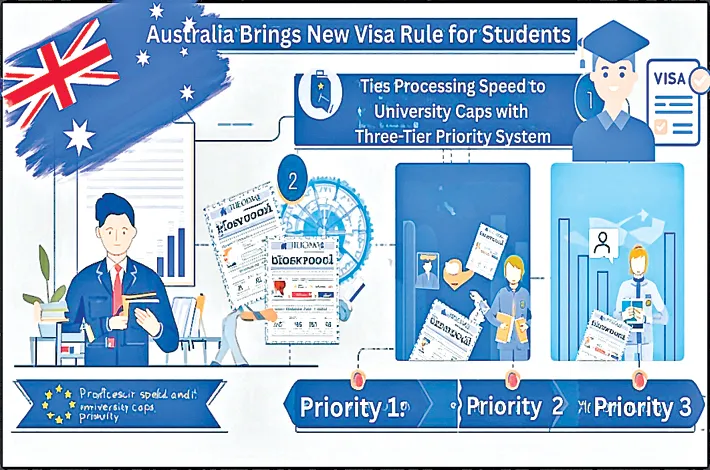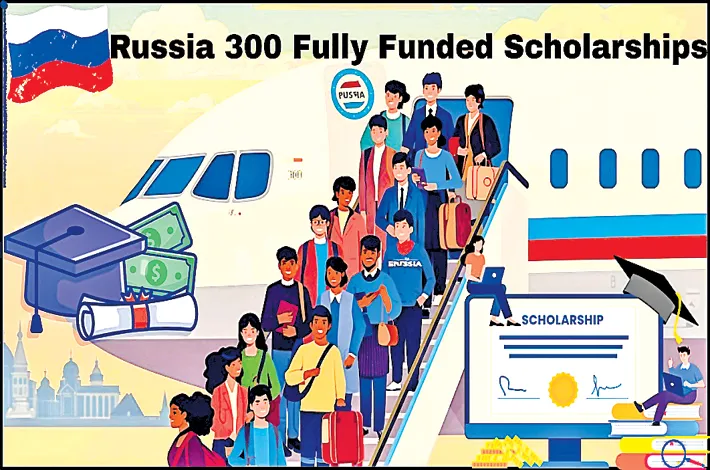Trump tells tall tales
17-11-2025 12:00:00 AM
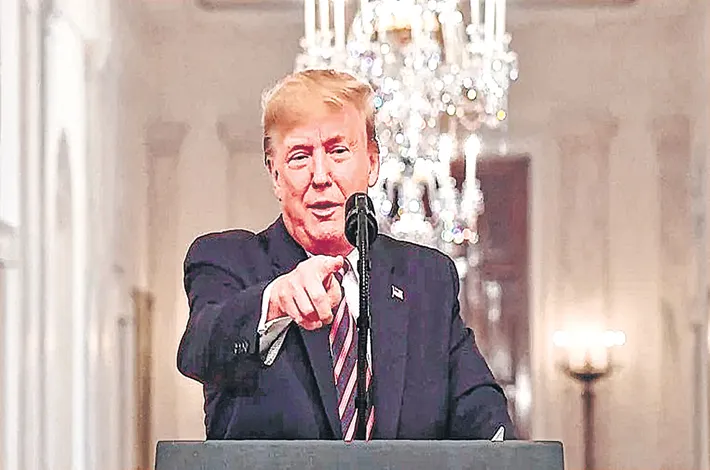
Tightening or Softening | ‘US doesn’t have workers with ‘certain talents’
Simple Vishwakarma Mumbai
The United States has introduced new guidance that could allow visa officers to deny visas or green cards to foreign nationals with chronic health conditions such as diabetes, obesity, and heart disease.
The move is framed as an expansion of the century-old “public charge” rule, which comes even as President Donald Trump defended the H-1B visa programme, saying the US continues to rely on foreign talent for specialised industries. The mixed signals have sparked unease among students and skilled workers, particularly from India.
Health-based visa screening expanded
A directive issued to US embassies and consulates around the world instructs visa officers to flag applicants whose medical conditions might require care costing “hundreds of thousands of dollars” over a lifetime. The list includes cardiovascular and respiratory diseases, cancers, diabetes, metabolic conditions, neurological disorders, and a range of mental health issues. Obesity has also been noted due to comorbidities like hypertension, sleep apnoea, and asthma.
Traditional health checks required for US visas historically focused on communicable diseases, such as tuberculosis. New guidance reflects a shift toward identifying long-term medical risk and financial burden criteria that may be considered in admissibility, even in non-immigrant categories.
What this means for students
While the rule applies broadly, there is rising concern about its effect on international students, in particular those applying for F-1 visas. Students already need to show sufficient funds for tuition and living expenses and must prove they will not become a "public charge."
Under the updated approach, consular officers will also evaluate whether applicants with chronic conditions can afford potential medical costs “over their entire expected lifespan” without relying on public assistance or institutional care. This has triggered strong reactions online, particularly from Indian students.
One student said on condition of anonymity, “So now having diabetes or being overweight can get your U.S. visa rejected? Half of our parents and relatives have these conditions. This feels like they're creating new ways to filter students out.” Another student voiced financial concerns, saying, “US health care is already crazy expensive. Even with full financial proof, how do they expect students to show lifetime medical coverage? Feels like they’re shutting doors on middle-class students.”
Some are worried about how minor conditions may suddenly carry weight. A student preparing for Fall 2026 said, “I have mild asthma, but now I’m stressed about whether this will go against my F-1 visa. Nobody knows how strict the consulates will be.”
Others noted the rule’s potential to disproportionately affect Indian applicants. “Obesity is so common here because of lifestyle and genetics,” a student said. “If that becomes a visa issue, a lot of Indian students will be affected. This rule is going to create unnecessary discrimination.” Universities and education advisers are now watching closely to understand how strictly the guidance will be enforced and whether students with strong financial backing will be shielded from adverse decisions.
Trump says US “Needs Foreign Talent”
Even as health-based screenings tighten, President Donald Trump has publicly defended the H-1B visa category, which allows US companies to hire highly skilled foreign workers. In an interview with Fox News host Laura Ingraham, Trump rejected suggestions that the US has enough domestic talent to meet industry needs. “You do have to bring in talent,” he said, adding, “You don’t have certain talents… You can’t take people off an unemployment line and say, I’m going to put you into a factory. " We're going to make missiles.”
His remarks come despite an ongoing federal crackdown on H-1B misuse. In September, the administration revived “Project Firewall,” under which the Department of Labor launched at least 175 investigations into suspected visa programme abuses. A sharp increase in the application price of $100,000 has been part of the crackdown, and state officials like Florida Governor Ron DeSantis have ordered universities to stop recruiting people under the H-1B visa.
The administration's approach has seen pushback, including lawsuits and objections from lawmakers who warn that aggressive restrictions could strain the US–India relationship. Five US lawmakers recently called upon Trump to reconsider his September 19 proclamation because of its "potentially negative impacts."
Despite this, the White House insists that reforms aim to put “American workers first.” Indian professionals remain the most affected demographic, receiving more than 70% of all approved H-1B visas in 2024. But as health-based screening and skilled-worker visa reforms both tighten, uncertainty continues to cloud the outlook for students and professionals looking to pursue opportunities in the United States.
(With inputs from IANS)





